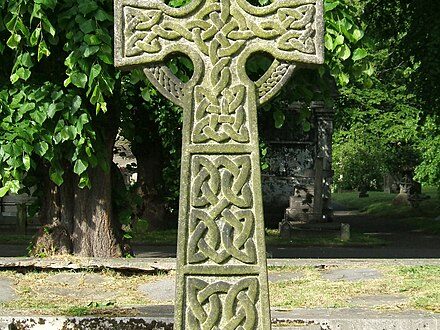Monty Python and the Myth of the Dark Ages
The word “medieval” or the phrase “Middle Ages” often conjures up Monty Python scenes of the macabre (“bring out your dead”) and chanting monks flagellating themselves:
But the very description of this period as “The Dark Ages”—which, if you think about it, suggests we live in more enlightened times—reveals our chronological pride. Protestants especially tend to underappreciate the many gifts from this era in our heritage.
At the same time, many of us love the works of C. S. Lewis, who served as chair of Medieval and Renaissance Literature at Magdalene College, Cambridge. And we may not realize how much his medievalism influenced everything from his theology to his storytelling (which aren't actually separate categories).
In a new book from Brazos/Baker, Medieval Wisdom for Modern Christians: Finding Authentic Faith in a Forgotten Age with C. S. Lewis, author Chris Armstrong educates readers about our neglected Christian tradition by drawing primarily from Lewis’s works. A history professor at Wheaton College and former managing editor of Christian History & Biography magazine, Armstrong knows well his audience and our strengths and weaknesses. And he also knows Lewis.
Armstrong writes convincingly that understanding the medieval appreciation for the incarnation can lead us to do the following, after the example of Lewis: embrace art and architecture as part of sacred environments; wed faith and reason; drive us to more affection and imagination in our devotion; get us past our fear of linking Christian humanitarian efforts to the working out of one’s (rather than for one’s) salvation; view images of Jesus on the cross as opportunities to reflect on his humanity and identification with us; value the scholastic tradition; appreciate the dignity given to the human body; embrace rightly motivated spiritual disciplines; see vocation as a holy calling; love creation and care for it; and inhabit narrative. To name a few. The work serves as a much-needed, historically grounded call to a more embodied, holistic spiritual life.
A side benefit of this book, which Armstrong never mentions, is its ability to help those leading Millennials to appreciate these younger Protestants’ move toward more liturgical worship.
Monte Python makes for great entertainment, but for actual history, Lewis via Armstrong is a much better guide.



